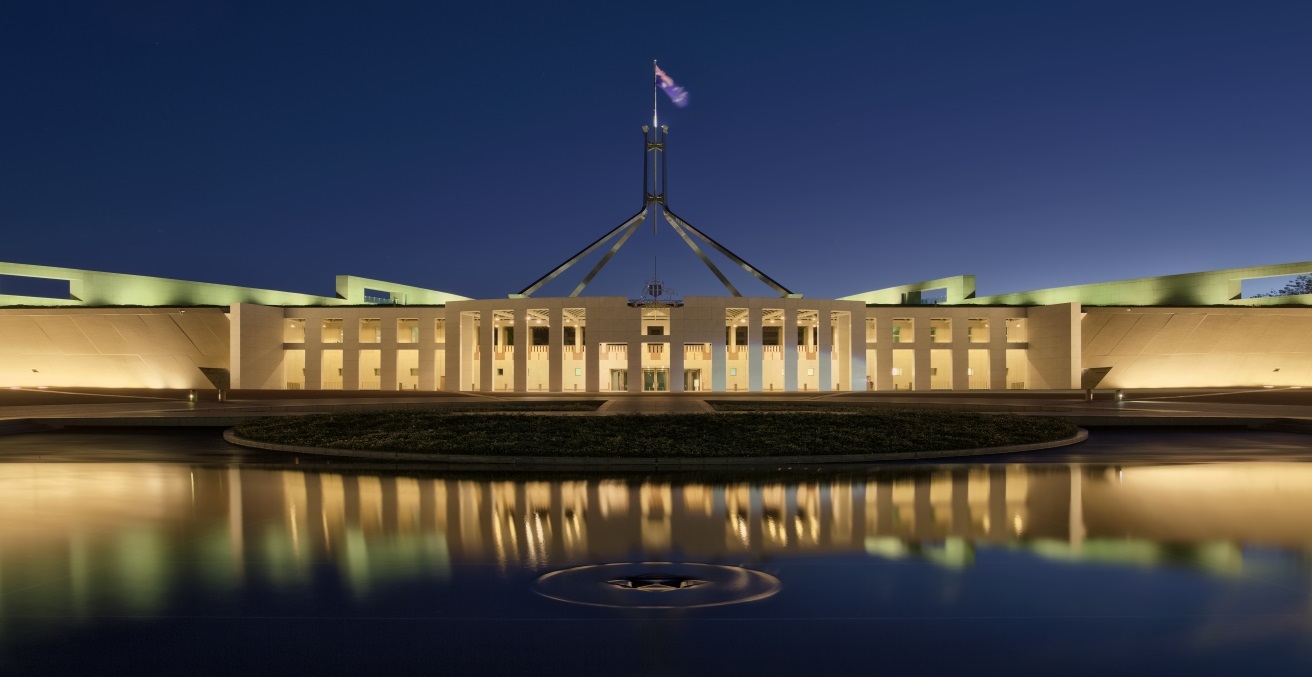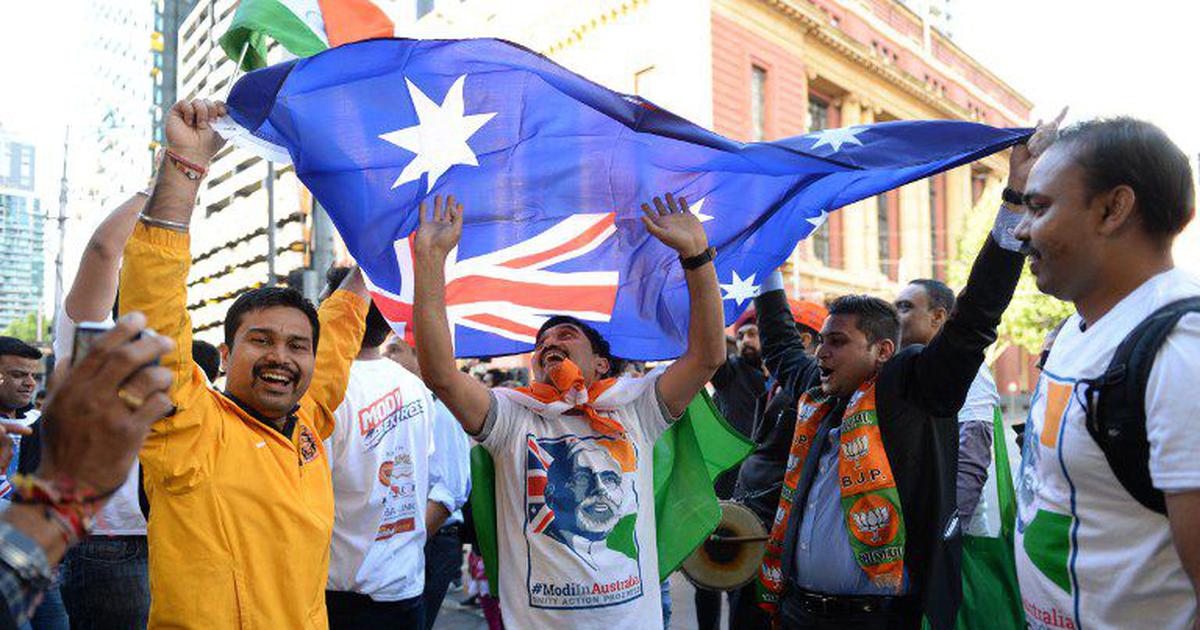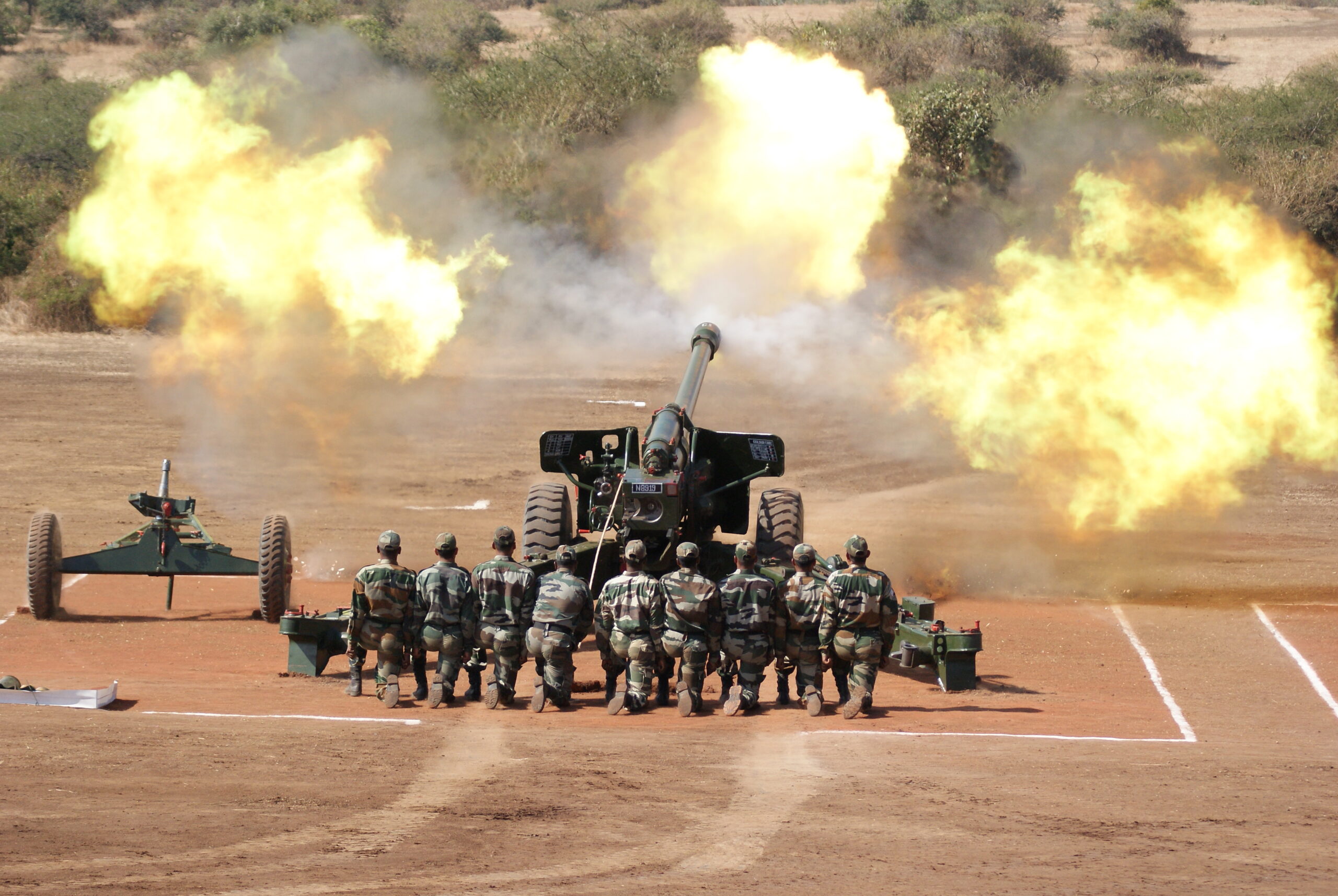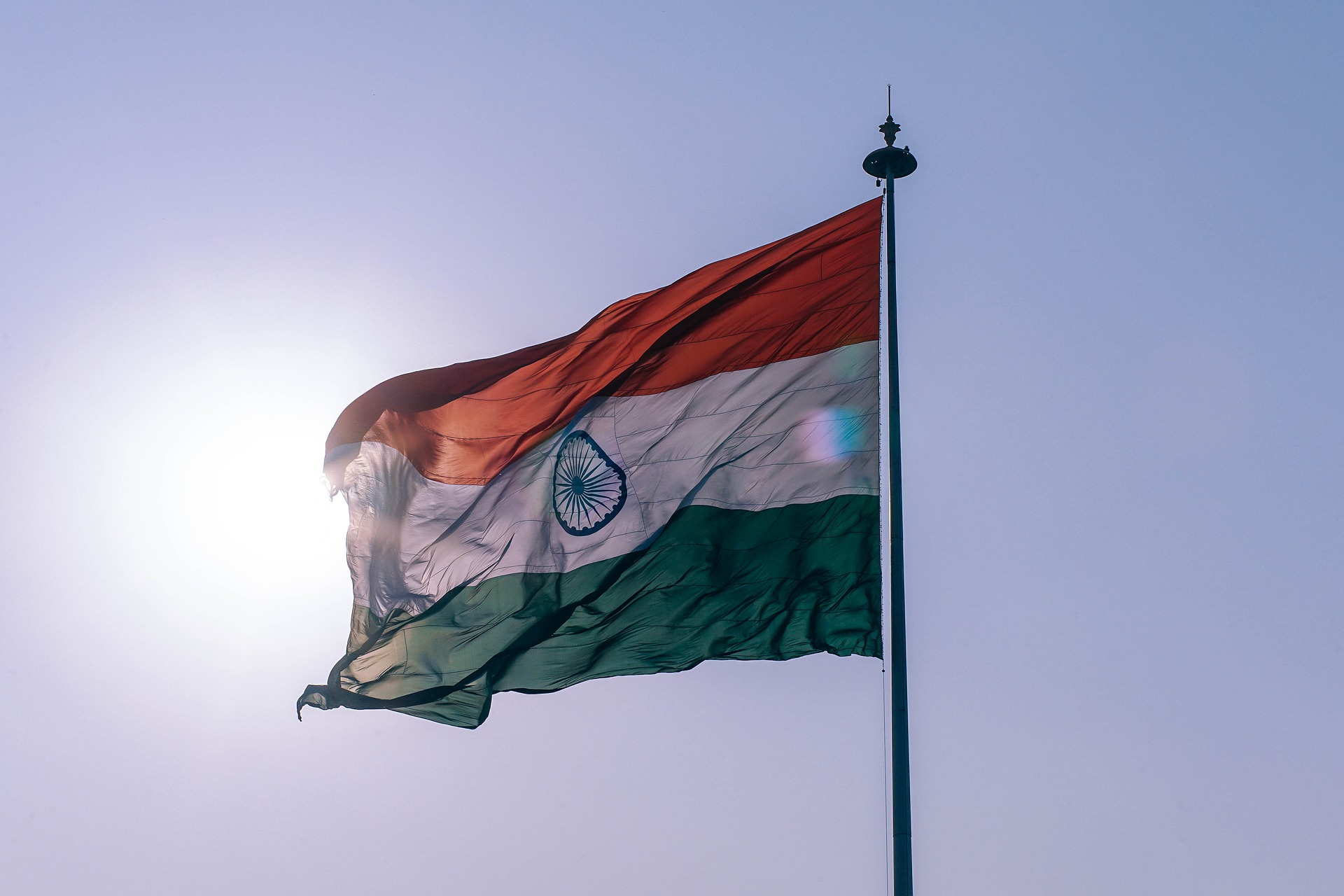The promise of People Power has given way to elite rivalries and political survival games. As the Duterte-Marcos alliance fractures, impeachment battles and electoral manoeuvres expose the deep polarisation and fragility of Philippine democracy.
Nearly four decades ago the Philippines was hailed for toppling a dictatorship. In February 1986, what would eventually be known as the People Power Revolution, brought together Filipinos from different social classes to march on the streets of Manila to demand the rightful winner of the snap presidential election. Although orchestrated as a performative attempt by then-President Ferdinand Marcos Sr. to quell any questions of legitimacy, the election catapulted the widow of an assassinated, exiled political figure to the political frontlines, and managed to galvanise the opposition.
For the first time in a long time, the Philippines imagined a future without the strong arm of a dictator and his heavy-handed use of the state’s security apparatus. Ushering in what should have been a new era of Philippine democracy, the country instead has been described as a defective democracy and a patronage democracy. Democratic institutions are weak, with few, if any, programmatic political parties. It is common for political families to be labelled as dynasties for holding power in their bailiwicks for decades, and there is a climate of impunity surrounding the abuse of state resources. Additionally, while there is awareness of accountability, there is a weak demand for it, especially when oversight agencies are either threatened or filled with political appointees meant to protect their patrons. Ambiguously democratic, the public can continue to support an elected official despite impeachable cases, such as misuse of public funds. People’s power has not led to the development of strong democratic institutions. Popular support for democracy remains, and along with personalistic politics, makes the Philippines vulnerable to polarisation.
Populism, international accountability, and polarisation
When the Philippines elected the violent populist Rodrigo Duterte there was a question of whether Filipino voters had become illiberal. Widely popular throughout his six-year presidency, the arm of international accountability caught up with former President Duterte when he was arrested on 11 March 2025. Just a month before the arrest, the Duterte family’s political future looked grim. Vice President Sara Duterte’s satisfaction rating was in decline after allegations of abuse of public funds were exposed by a congressional hearing. Public sentiment strongly supported holding former president Duterte accountable for extrajudicial killings under his war on drugs campaign.
Cleavages and cracks within the “united team“of President Bongbong Marcos and Vice-President Sara Duterte reached a crescendo when the latter publicly threatened violence against the chief executive and his family. Many thought that Sara Duterte’s decline was imminent, and her once-strong chance of winning the presidency in 2028, at that point, dimmed. This view, shared by Marcos and his allies, may have prematurely prompted them, less than two months before a critical mid-term election, to allow the warrant and arrest of former president Duterte to face charges for crimes against humanity before the International Criminal Court (ICC) in The Hague.
This turned out to be a serious miscalculation on the part of the Marcos administration. Public support for Duterte and his family rose. While human rights activists, defenders, and supporters hailed the arrest, there was also a segment of the population that demanded Duterte’s return to the Philippines. The public saw a family protecting its ailing patriarch from an international accountability mechanism that was foreign on many levels.
Elections as electoralism: a numbers game
The recently concluded midterm elections on 12 May 2025 had an 82 percent voter turnout for the 18,000 elective positions. While voting is not mandatory, voting day is a holiday and falls on a Monday. The long weekend allows the voting public to return home to their provinces to cast their votes. The movement of many people on the weekend before election day ensures some voter predictability, especially where loyalty to a political family has been cultivated over time.
What was crucial for the Marcos administration in this election was the result of the Senatorial race. There was considerable speculation about who the 12 newly elected senators would be for the 20th Congress, given that they would also serve as judges in the impeachment trial of Sara Duterte. It was a numbers game for both the Marcos and Duterte camps. Each campaigned for their candidates, calling on their supporters to ensure that senator allies would be the majority of the 24 total senators.
The results of the election were unexpected. Two reformist candidates won, while Marcos only managed to have five of his 12 candidates win. Sara Duterte succeeded in getting five allied candidates elected as senators. The elections were not about programs and platforms. Instead, it was about partisanship and patronage at the highest level to protect their principal. It was about strategic power preservation among competing political clans.
Impeachment
On 10 June 2025, the Philippine Senate voted to return the impeachment case against Vice-President Duterte to the lower house. After much hemming and hawing from Senate President Francisco Escudero on how to proceed with the impeachment, events took an unusual turn. Upon taking their oath as judges of the impeachment court, Duterte allies in the Senate filed resolutions to either race through the impeachment in 19 days (before the newly elected Senators take office), or to outrightly dismiss the case. Senator Alan Peter Cayetano, another Duterte ally, motioned to return the impeachment case to the House of Representatives. The Senate eventually voted 18-5 to return the impeachment case to the lower house.
While it is not uncommon to witness bare-faced partisanship in the Philippine Senate, the public witnessed Senators acting like defence lawyers for the accused official facing impeachment charges. As opposition leader Senator Risa Hontiveros dispiritedly said, “it turns out there was such a plan.” If there was, this plan may have been hatched after the results of the May 2025 elections showed a weakening of support for the incumbent President Marcos. It was enough to embolden Duterte’s allies. Non-allies, meanwhile, are acting as if 2028 is a foregone conclusion and that the Dutertes will return with Sara as president.
Duterte allies have been successful in showing how a democratic process can be turned into a tool to protect their patrons. The move to return the impeachment charges to the lower house flies in the face of many discussions and possible scenarios on how the next Senate will potentially vote on the impeachment charges against Duterte. There should be more discussion on the charges of corruption and misuse of public funds; instead, the impeachment has become a simple distinction between those for and against Sara Duterte. Not only is this a clear indication that personalistic politics dominates over programmatic politics, but it is also a sign of the increasing polarisation in the Philippines’ political landscape.
Cleo Anne A. Calimbahin is a Senior Research Fellow at the ANU Philippines Institute and a Professor of Political Science at the Department of Political Science and Development Studies at De La Salle University-Manila (DLSU-Manila). Among her publications are ‘Mapping the Philippines’ Defective Democracy’ with Julio Teehankee and ‘Democratic backsliding in the Philippines: Are voters becoming illiberal?’ with Yuko Kasuya. She co-edited the book, Patronage Democracy in the Philippines: Clans, Clients and Competition in Local Elections. The book received the 2024 Outstanding Book Award in the Social Sciences from the National Academy of Science and Technology (NAST).
This article is published under a Creative Commons License and may be republished with attribution.





